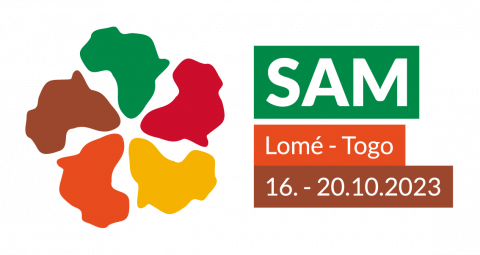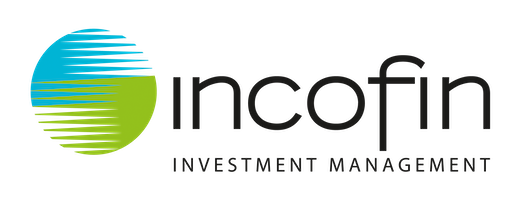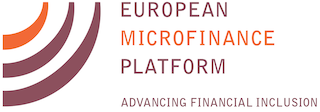Incofin is a social investment company based out of Antwerp, Belgium that specializes in microfinance investment in developing countries. Its two core activities are direct investments in microfinance through loans, stock participations and guarantees; and fund management. In this capacity, Incofin currently manages Impulse Microfinance Investment Fund, the first private Belgian commercial microfinance investment fund, and the microfinance investments of Volksvermogen, a Belgian investment fund.
Incofin announces the creation of a new investment fund to target rural microfinance institutions (MFIs), the Rural Impulse Fund (RIF). Specifically, as fund advisor, Incofin will guide the RIF to make equity and debt investments in rural MFIs (see IFC’s RIF summary). The RIF aims to increase the supply of rural microfinance by extending commercial funding and strengthening the financial structure of MFIs which have both successfully provided financial services to rural poor and been financially sustainable. “Rural MFIs will be selected on the basis of a methodology, measuring the presence of the MFIs’ points of sales in rural areas. RIF will invest in financially sustainable MFIs, which, moreover, outperform in terms of outreach and social performance,” says


 Kwashie Agbitor: There are numerous opportunities for financial institutions to build their green portfolios with climate funds. Financial institutions can leverage equity, debt and quasi-equity sources of funding from various types of organizations. Climate funds can be used to develop and deploy financial services that support the adoption of green products/solutions and help people recover from climate-related shocks. Given their nature, most climate funders also provide technical support/assistance in addition to funding.
Kwashie Agbitor: There are numerous opportunities for financial institutions to build their green portfolios with climate funds. Financial institutions can leverage equity, debt and quasi-equity sources of funding from various types of organizations. Climate funds can be used to develop and deploy financial services that support the adoption of green products/solutions and help people recover from climate-related shocks. Given their nature, most climate funders also provide technical support/assistance in addition to funding.
 Six public-sector organizations recently invested in the second funding round of Horizon Capital IV with the goal of enabling the equity fund to supply more working capital to “fast-growing, technology-enabled small and medium-size businesses” in Ukraine and Moldova. The fund also seeks to
Six public-sector organizations recently invested in the second funding round of Horizon Capital IV with the goal of enabling the equity fund to supply more working capital to “fast-growing, technology-enabled small and medium-size businesses” in Ukraine and Moldova. The fund also seeks to 